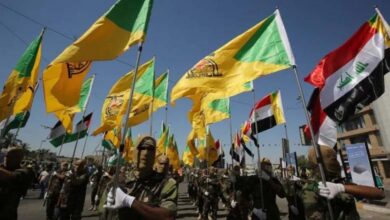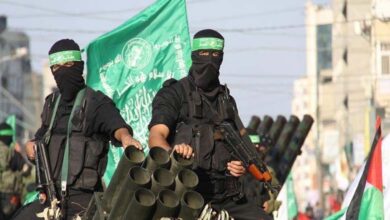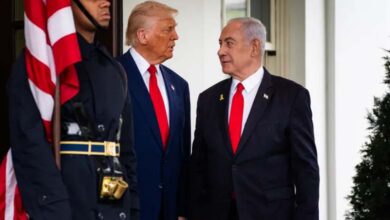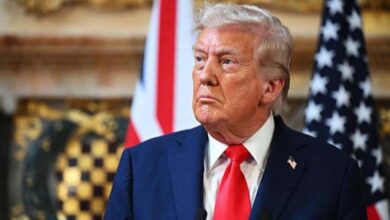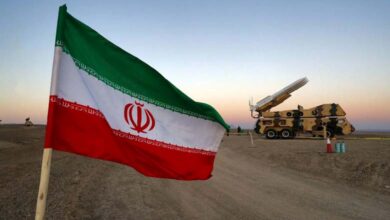Pakistan and Afghanistan: Will negotiations cool the flames at the border?
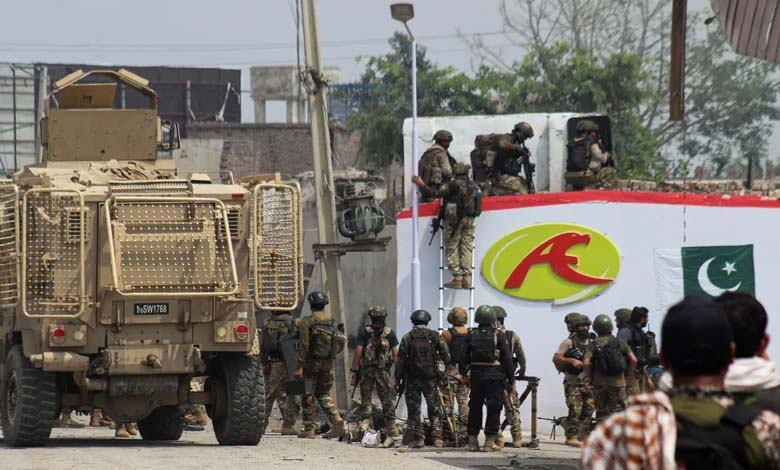
The truce has ended and tensions have reignited between Pakistan and Afghanistan, as attention turns to Doha, where talks aimed at restoring peace are set to take place.
On Saturday, the Taliban government in Afghanistan confirmed that it would participate in discussions with Pakistan in Qatar, a day after the collapse of a fragile truce that had briefly brought calm to the border between the two countries.
-
Pakistani Taliban strike again: car bombing and border clashes
-
On the Eve of His Imprisonment Anniversary, Pakistan Arrests 120 Supporters of Imran Khan
Taliban spokesman Zabihullah Mujahid announced on X: “A high-level delegation led by Defense Minister Mohammad Yaqub has left Kabul for Doha today (Saturday).” He added: “As promised, negotiations with the Pakistani side will be held today in Doha.”
Earlier, Pakistan’s state television, PTV, reported that a Pakistani delegation led by Defense Minister Khawaja Asif and intelligence chief Lieutenant General Asim Malik would also travel to Doha for talks with the Afghan Taliban.
-
Pakistani Taliban strike again: 12 soldiers killed in dawn ambush
-
India-Pakistan Escalation: China Offers Mediation.. US Secures Its Diplomatic Mission
Border flames
On Friday evening, Pakistan carried out airstrikes on Afghan territory, killing at least ten civilians, just hours after a 48-hour truce between the two neighbors came to an end.
The two sides had reached a ceasefire on Wednesday after days of deadly clashes, only for tensions to resume on Friday.
Pakistan had said the truce would last 48 hours, while Afghanistan stated that its continuation depended on mutual respect of the ceasefire terms.
-
Dozens Killed in Indian Airstrikes on Pakistan Amid Fears of All-Out War
-
Will a Nuclear War Break Out with India? Pakistan’s Defense Minister Gives a Decisive Answer
However, Pakistani security sources reported Friday night that Islamabad conducted “precision airstrikes” on Afghan soil against a “terrorist group” allegedly responsible for an earlier attack that day.
A Taliban official, speaking anonymously to Agence France-Presse, accused Pakistan of “violating the ceasefire by bombing three areas of Paktika,” adding, “Afghanistan will respond.”
A regional hospital official in Paktika told AFP, also on condition of anonymity, that “ten civilians were killed and twelve others injured in an airstrike on the Argun district,” including two children among the dead.
-
What are the factors that contributed to the spread of armed groups in Pakistan? A report answers
-
Rescue of Members of the Qatari Royal Family from a Bombing in Pakistan
Pakistani Foreign Ministry spokesperson Shafqat Ali Khan stated, “Let’s wait for the 48 hours to pass and see whether the ceasefire holds,” while also highlighting “efforts through diplomatic channels to make it permanent.”
Pakistani Prime Minister Shehbaz Sharif said Thursday that “the ball is now in the Afghan Taliban government’s court” to turn the truce into a lasting peace, reiterating his condemnation of “terrorists operating from Afghan soil with impunity.”
-
The Relationship Between Al-Jama’ah Al-Islamiyah in Bangladesh and the Muslim Brotherhood is Extremely Strong: How?
-
Who is Amin al-Haq, Bin Laden’s Associate Arrested in Pakistan?
During a press conference, Shafqat Ali Khan added, “Pakistan expects concrete action from the Taliban administration against these terrorist elements.”
Taliban spokesman Zabihullah Mujahid told Afghanistan’s Ariana TV on Friday evening, “We told our soldiers not to attack unless Pakistani forces do so first. If they do, our forces have every right to defend their country.” He added, “Negotiations can solve these problems,” without giving further details.
-
“Daesh Khorasan” Emerges in Afghanistan
-
Iran bombs two bases of the “Army of Justice” group in Pakistan… How did Islamabad respond?
A defensive response
The clashes began last week after explosions in the Afghan capital, which the Taliban authorities blamed on Islamabad.
In retaliation, Taliban forces launched an offensive near the border, prompting Pakistan to vow a strong response.
The fighting left dozens dead, including both militants and civilians.
-
Report: Al-Qaeda reorganizes its ranks in Afghanistan through secret efforts… How?
-
What are the implications of transnational terrorism, its boundaries, steps, and models? Experts explain
“Our defensive response did not target civilians,” said Shafqat Ali Khan. “We exercise great caution to avoid civilian casualties, unlike Taliban forces.”
The United Nations Assistance Mission in Afghanistan (UNAMA) reported 37 civilians killed and 425 injured on the Afghan side of the border over the past few days, urging both parties to end hostilities “permanently.”



